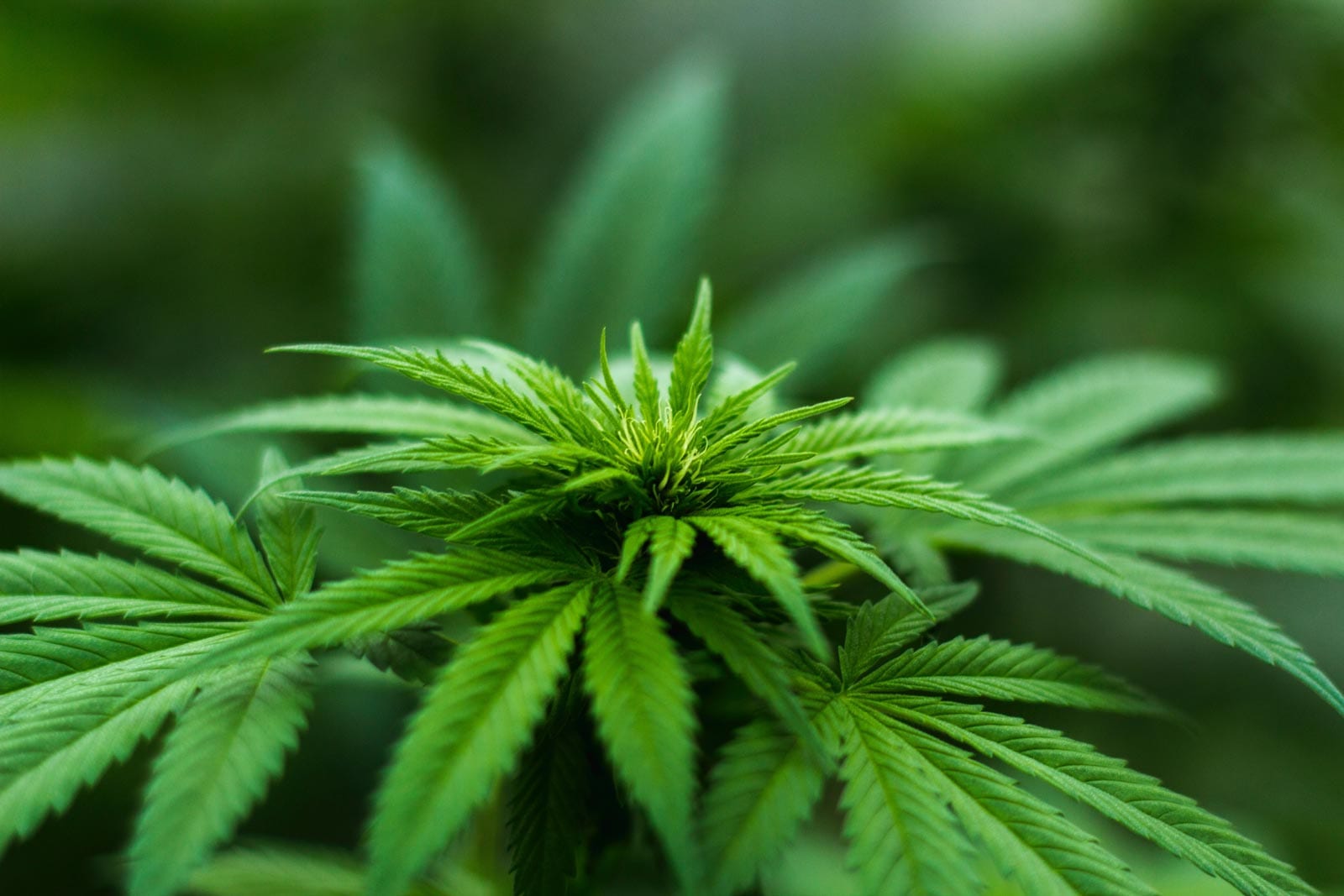Marijuana addiction is defined as the need to ingest or smoke marijuana to the point that it negatively affects multiple aspects of your life. Lapses in judgment, slowed reaction times, impaired memory and concentration, and relationship problems are all common markers of marijuana addiction. There have been significant changes in state laws, making marijuana legal for both recreational and medicinal purposes across the country. Although marijuana does have medicinal purposes for specific medical disorders, marijuana still has the potential to lead to abuse, especially among the younger population.
According to a study, approximately 30% of individuals who use marijuana have some level of marijuana addiction.
In 2016, it was reported that nearly 6 million individuals met the diagnostic criteria for a marijuana use disorder in the United States. According to the National Institute on Drug Abuse, individuals who start using marijuana before 18 years of age are four to seven times more likely to become addicted compared to those who began to use marijuana later in life. Marijuana is formally known as cannabis and is commonly referred to as herb, grass, weed, pot and Mary Jane. Dried marijuana is usually smoked but can also be infused into oil or butter and cooked into various foods, known as edibles.
Signs and Symptoms of Marijuana Intoxication
Marijuana is usually smoked; however, it can also be ingested when baked into foods. When smoked and depending on the strength and the amount, signs and symptoms typically occur within minutes and can last up to 12 hours. If ingested, symptoms usually occur within 30 minutes to two hours and can last longer than a day. The following are known signs and symptoms of acute marijuana intoxication:
- Conjunctiva injection (red eyes)
- Dry mouth
- Increased appetite
- Poor motor control
- Increased heart rate
- Slowed reaction time
- Euphoria
- Drowsiness
- Paranoia
- Lack of concentration
- Intense laughter
- Delusions
- Lack of motivation

THC vs. CBD
Cannabis is composed of two main ingredients: delta-9-tetrahydrocannabinol, commonly known as THC, and cannabidiol, which is widely referred to as CBD. THC is known to produce the mind-altering effects associated with the “high,” whereas CBD is known to produce the proposed medicinal effects. It is possible to have CBD strains only, THC strains only or a mix of both.

Risk Factors for Marijuana Addiction
Anyone who uses marijuana can become addicted, but the following contribute to the increased risk for marijuana use disorder:
- Family history of substance use disorder
- Peer pressure
- An underlying mental health disorder
- Lack of social support or family involvement
Long-Term Side Effects from Marijuana Addiction
Marijuana is known to have long-term effects on the developing brain. Your brain is not fully mature until you are 25 years old, and as a result, teenagers and adolescents are at the highest risk for long-term side effects.
- Impaired short-term memory and concentration
- Alterations in judgment, coordination and motor control
- Increased risk for mental health disorders such as depression
- Irritable mood
- Suicidal thoughts
- Respiratory (lung) problems such as asthma, cancer, chronic cough and high risk of lung infections
- Paranoia
- Anxiety
- Decreased interest and motivation in everyday tasks
Marijuana Withdrawal
Marijuana withdrawal symptoms occur approximately one week after the last use. Withdrawal symptoms usually peak within 10 days and begin to improve within 12-20 days after the previous use. The duration and severity of these withdrawal symptoms depend on the length and severity of marijuana addiction. Marijuana withdrawal symptoms are not life-threatening or as severe compared to other drugs of abuse such as alcohol, heroin and Xanax. However, marijuana withdrawal symptoms can be a reason for many to continue to abuse marijuana.
- Anxiety
- Weight loss from lack of appetite
- Irritability
- Depression
- Marijuana cravings
- Problems sleeping
- Nightmares
- Anger or aggression
Seeking Help for Marijuana Addiction
Marijuana is an addictive substance, and for many, this can potentially lead to the abuse of other substances such as alcohol, club drugs, hallucinogens and prescription medications. Marijuana is known to have many long-term adverse effects, especially in children and adolescents, and therefore professional treatment is highly recommended. Family members and significant others are generally the first to notice when their loved one needs professional help.
These are signs that you should seek treatment for your marijuana addiction:
- A decline in academic or work performance
- Using more marijuana than intended
- Not engaging in social activities or obligations because of marijuana use
- Unable to quit or reduce the amount of marijuana used, despite having the desire to cut down.
- Cravings for marijuana
- Tolerance (an increased amount of marijuana to produce the same desirable effects)
- Withdrawal (the presence of withdrawal symptoms in the absence of marijuana use)
- Engaging in risky behaviors while under the influence of marijuana
- Financial difficulties associated with marijuana use
Green button:
Treatment options
There are no FDA-approved medications designed to lessen the withdrawal symptoms associated with marijuana addiction. Psychotherapy is the mainstay treatment approach for marijuana addiction. Frequent reassurance, maintaining a healthy environment and avoiding toxic triggers are also known to prevent relapse.
Cognitive behavioral therapy (CBT) is an approach known to help you recognize the underlying triggers that can push you to abuse marijuana. These could be low self-esteem, bullying, extreme stress, mental health disorders, divorce, social isolation and lack of a support system. During therapy, you will recognize these negative thoughts, emotions and behaviors, and learn healthy coping skills to transform these into positive behaviors. If you are struggling with a mental health disorder such as anxiety or depression, it is important to treat your mental health disorder at this time, too. Building a healthy support system after treatment and engaging in community support groups and outpatient therapy can help you prevent relapse in the future.
